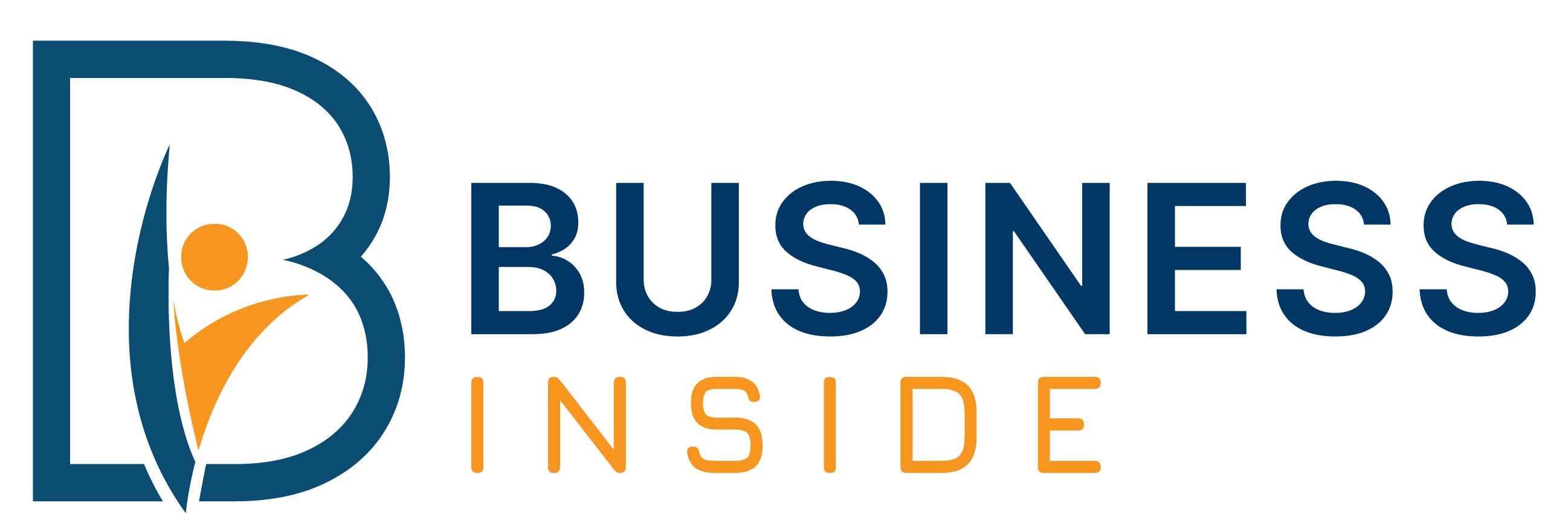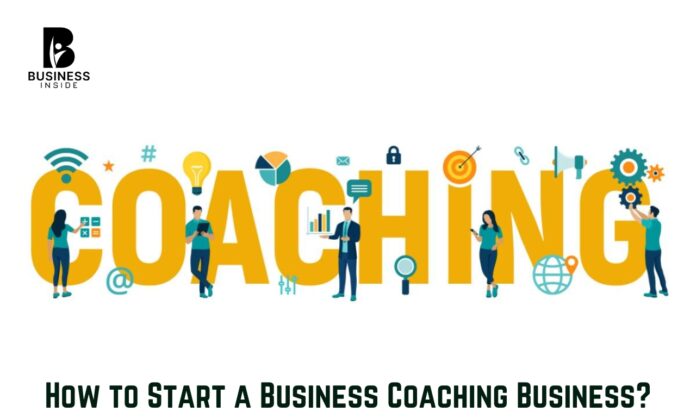Starting a business coaching business can be a rewarding endeavor if you are passionate about helping entrepreneurs succeed. Whether you have experience running your own business or expertise in a particular industry, becoming a business coach can provide a flexible career with significant growth potential. Here’s a step-by-step guide on how to start a business coaching business.
1. Identify Your Niche and Expertise
The first step in starting a business coaching business is to determine your area of specialization. The field of business coaching is broad, so honing in on a niche will help you stand out from competitors. For example, you might focus on startup coaching, executive coaching, or small business development.
Question:
· What credentials are required to become a business coach?
While there are no strict educational requirements, having experience in business management or a related field will boost your credibility. Additionally, certification from a recognized coaching body like the International Coaching Federation (ICF) can be beneficial.
2. Develop a Business Plan
A well-thought-out business plan is essential for your business coaching venture. Your plan should outline your target market, marketing strategies, and the services you will offer. Consider including pricing models and how you will deliver your coaching sessions—whether in-person, online, or a combination of both
Question:
· What are the expenses involved in starting a business coaching business?
Startup costs can vary depending on whether you plan to rent office space, invest in marketing, or offer online sessions. On average, initial costs can range from $5,000 to $15,000, covering certifications, marketing, and equipment such as computers and software.
3. Obtain Relevant Certifications
Although certification isn’t required, it can boost your reputation and help you gain more clients. Programs like those offered by the ICF, the Center for Executive Coaching, or the Coach Training Alliance can provide you with the tools and techniques necessary to become a successful business coach.
Question:
-
Is certification necessary to launch a business coaching business?
Although it’s not legally required, certification adds professionalism to your brand and helps build trust with potential client
4. Set Up Your Business Structure
Once you’re ready to move forward, it’s time to choose a legal structure for your coaching business. You can opt for a sole proprietorship, LLC, or corporation depending on your financial and liability preferences. Registering your business and obtaining necessary permits and licenses is critical to ensure legal compliance.
Question:
· Which legal structure is ideal for a business coaching business?
An LLC is often a popular choice as it offers flexibility and personal liability protection.
5. Create a Professional Website
In today’s digital age, having a robust online presence is crucial. Your website needs to highlight your services, expertise, client testimonials, and provide clear contact details. Invest in professional branding to give your coaching business an edge. You may also want to include a blog to share insights and tips that demonstrate your expertise in the field.
Question:
-
Is an online presence necessary for a business coaching business?
Yes, having an online presence helps you reach more clients and builds credibility. A website and active social media profiles can also help establish your brand.
6. Determine Your Coaching Packages and Pricing
Business coaching clients will have different needs, so offering various packages can appeal to a wider range of people. You could create tiered packages such as one-on-one sessions, group coaching, or ongoing mentorship programs. Determine competitive pricing by researching what other business coaches in your niche are charging.
Question:
-
How should I price my business coaching services?
Prices vary based on the level of expertise, demand, and target market. For example, executive coaching may command higher rates compared to small business coaching. Rates can range from $100 to $500 per hour, depending on your experience and niche.
7. Market Your Business Coaching Services
Effective marketing is vital for the success of your business coaching enterprise. Use a mix of online and offline marketing strategies, including social media, content marketing, and networking at business events. Developing a strong personal brand will help potential clients connect with you and understand the value you bring.
Question:
-
What are the best marketing strategies for a business coaching business?
Utilizing content marketing, social media advertising, and leveraging word-of-mouth referrals are highly effective strategies. Hosting free webinars or workshops can also be effective in attracting new clients.
8. Establish Client Relationships and Build Trust
Coaching is a relationship-based business, and building strong client connections is key to long-term success. Begin by offering free consultations to potential clients to understand their needs and demonstrate your ability to help. Collect testimonials and case studies from satisfied clients to boost your reputation.
Question:
-
How do I build trust with my clients?
Transparency, consistent communication, and demonstrating results are essential in building trust. Offering a clear roadmap for progress and holding clients accountable will ensure satisfaction and long-term relationships.
9. Continue Your Professional Development
The coaching industry is continually evolving, so it’s essential to stay up to date with the latest trends, tools, and techniques. Attend conferences, complete additional certifications, and participate in professional networks to refine your skills and expand your knowledge base.
Question:
-
How can I keep improving as a business coach?
Ongoing education and learning from fellow coaches are critical. Participating in peer coaching, attending workshops, and staying updated on industry trends will help you stay relevant and effective.
10. Measure Your Success and Adapt Your Business Model
As your coaching business grows, it’s important to regularly assess your success and make necessary adjustments. Track metrics such as client retention, referrals, and revenue growth. Be open to feedback from clients and continuously look for ways to improve your services.
Question:
-
How do I evaluate the success of my business coaching business?
Tracking client progress, satisfaction, and your financial performance are key indicators of success. Consistently evaluate these metrics and adjust your strategies accordingly.
Conclusion
Starting a business coaching business requires careful planning, a commitment to professional development, and effective marketing strategies. By identifying your niche, building a solid brand, and providing value to your clients, you can create a successful and sustainable business. As you grow, continuously refine your skills and adjust your services to meet the evolving needs of your clients.

